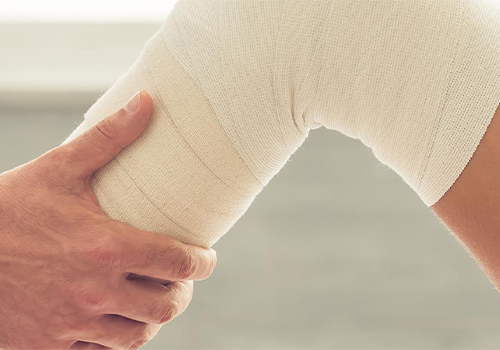Wound Care
Our team of wound care trained clinicians understands the holistic approach in providing the needs of patients with acute and chronic wounds. Our clinicians are trained to perform wound care on pressure ulcers, venous stasis ulcers, surgical wounds, and other types of wounds. The Premier Point team, in coordination with the patient's physician, work to promote appropriate wound care and healing, and ensure monitoring to prevent infection.



